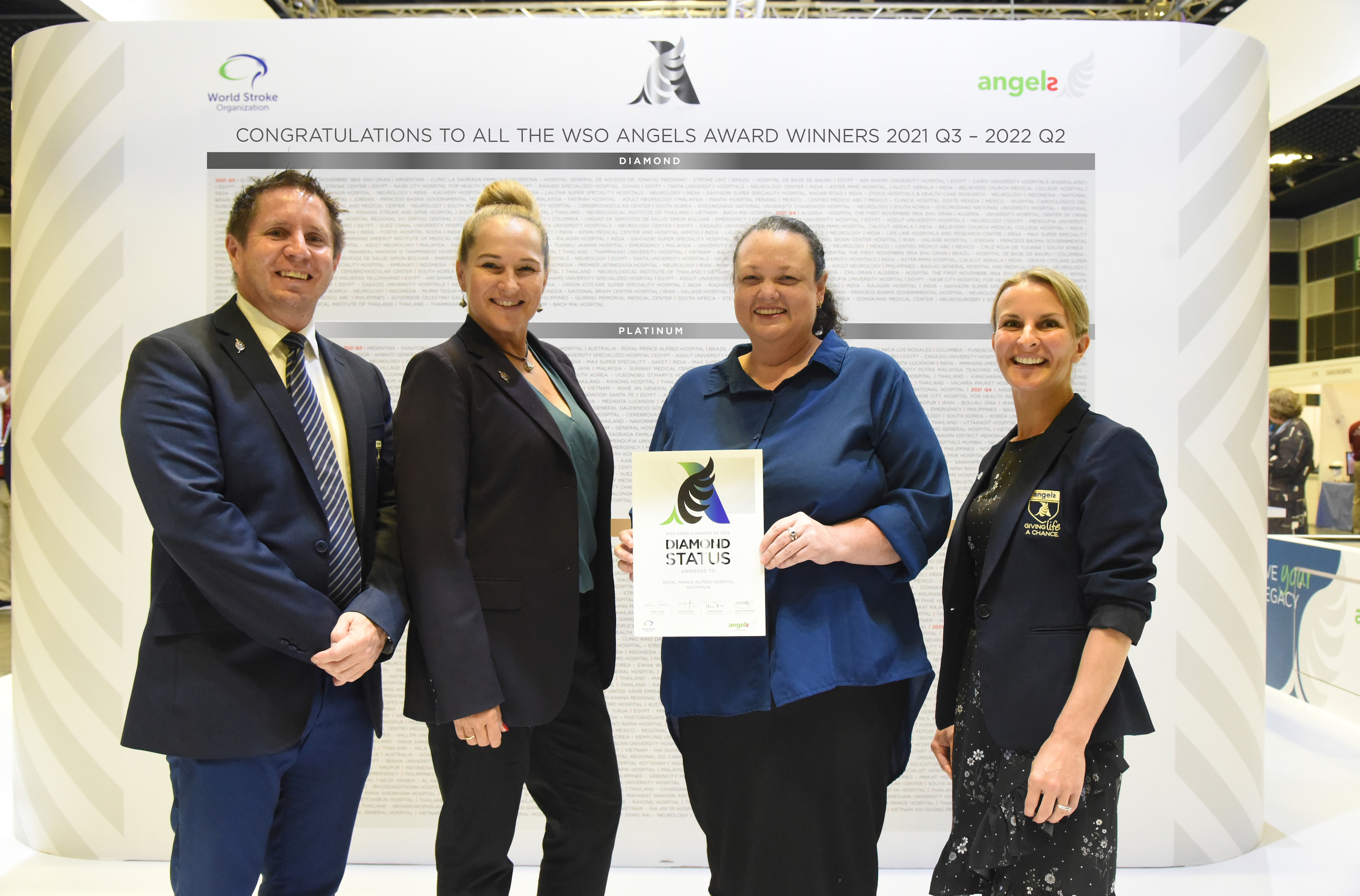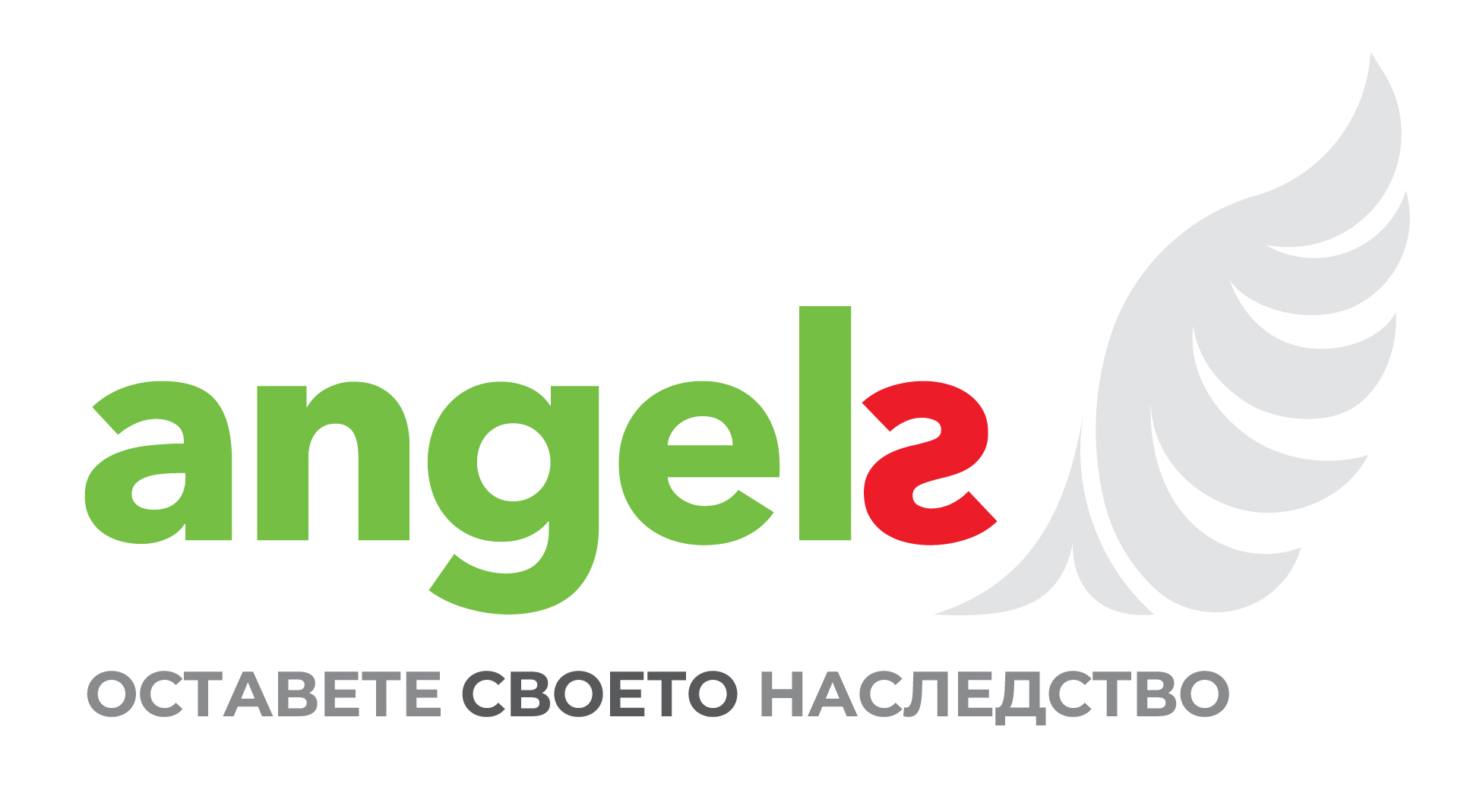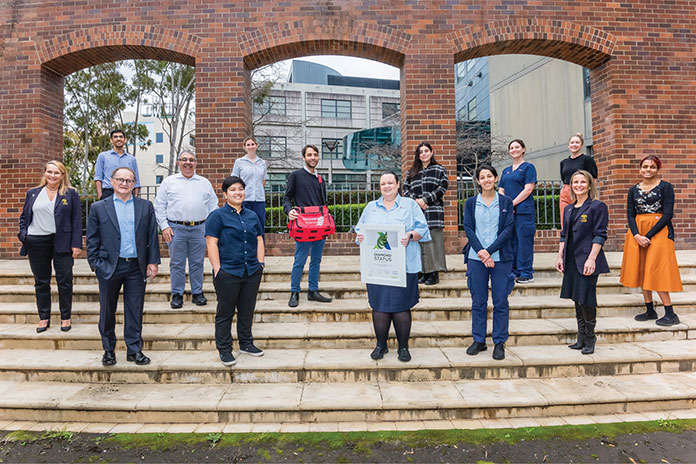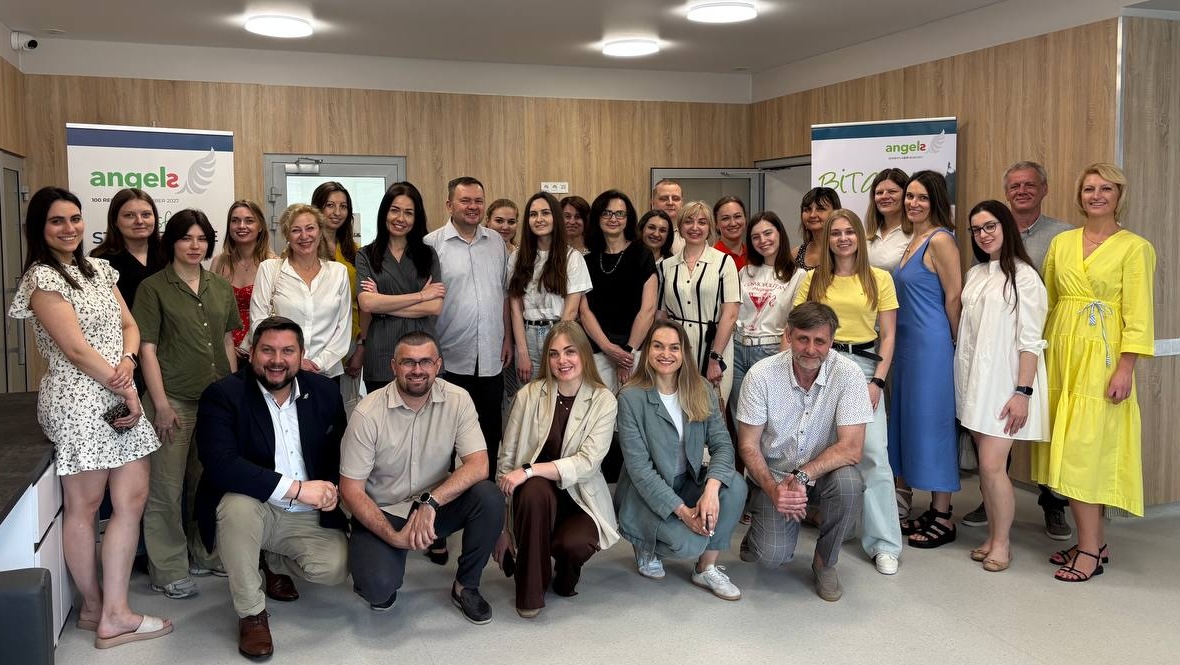
В Австралия е открит нов диамант и той е най-големият досега. Открит е на Missenden Road в Кампердаун, Сидни, където се намира Royal Prince Alfred Hospital (RPA). Голям обществен университет и един от най-старите в Нов Южен Уелс, RPA е първата болница в Австралия, която постига диамантен статут на наградите на WSO Angels, които признават високите постижения в лечението и грижите при инсулт.
Тримесечните награди признават високопроизводителните болници и имат за цел да подобрят резултатите на пациент чрез определяне на глобални критерии за най-добри практики за лечение на инсулт. Наградите се присъждат на три нива, като диамантът представлява най-високото ниво на производителност.
Екипът на RPA Comprehensive Stroke Service предлага денонощно ендоваскуларно извличане на съсиреци (ECR) за пациенти с исхемичен инсулт от целия Нов Южен Уелс. Досега през 2022 г. 90 пациенти са получили ECR, включително 70 пациенти, прехвърлени към RPA от цялата NSW. И 29% от пациентите са получили реперфузионна терапия за инсулт, доста над австралийския стандарт от 15%.
„Тази награда е постигната чрез изключителните усилия на нашия екип, който ежедневно осигурява лечение на нашите пациенти от световна класа. Работим заедно, за да осигурим бързи и ефективни грижи, за да гарантираме възможно най-добрите резултати за нашите пациенти“, каза Кайли Тастула, клиничен консултант по медицински сестри, невронаука, в RPA.
По-рано носител на платинена награда, заедно с само две други болници в страната, пътуването на RPA за подобряване на грижите при инсулт започна преди повече от десетилетие с публикуването на модела Хелзинки, ръководена от Atte Meretoja, чрез която финландската Университетска централна болница в Хелзинки намали закъсненията си за тромболиза до 20 минути или по-малко.
Чрез прилагане на 12 отделни интервенции в продължение на повече от 10 години, всички насочени към минимизиране на забавянията от пристигането на пациент до започването на тромболитична терапия, екипът на Централната болница на университета в Хелзинки постигна резултати, които мотивираха приемането на модела Хелзинки в международен план.
Това също така вдъхнови екипа по инсулт в болницата Royal Prince Alfred да анализира данните им, за да подобри процесите и в крайна сметка да намали времето до лечение на техните пациенти с инсулт.
Кайли Тастула, консултант по клинични медицински сестри, невронаука, в RPA и съпредседател на Мрежата за инсулти към Агенцията за клинични иновации, обясни как подходът на екипа по инсулти в RPA е помогнал на екипа по инсулти да намали времето от вратата до иглата от 120 минути, за да отговори на критериите за топ награда.
„През 2012 г. обединихме всички, за да обсъдим какви подобрения могат да бъдат направени. Трябва да сте готови да слушате обратна връзка от всички участници и да действате по нея. Сега имаме много добър екип с много съвместен подход. Всеки от екипите на линейките, спешно отделение, свързаното здраве, радиологията, INR, ОАИЛ и медицината, се чувства част от по-голям екип.“
Усърдната им работа беше възнаградена с платинена награда през Q3 на 2021 г. Че скоро ще надминат това постижение е почти неизбежно, като се има предвид структурирания ангажимент на този екип за непрекъснато усъвършенстване.
„Всеки месец екипът на RPA провежда среща за реперфузия, на която анализираме всеки DNT, който е отнел повече от 45 минути. Екипът обсъжда какво може да е причинило забавянията и как можем да смекчим това в бъдеще“, каза тя.
„Болницата използва шаблон за проследяване на времето за случаи на инсулт, а лекуващият екип записва бележки в реално време, за да обясни закъснения като „зает КТ скенер“ или „време, необходимо за намаляване на КН“, което помага на месечните срещи“, обясни Кайли.
Тя продължи: „Срещите са отворен форум и се фокусират върху времето за всеки случай, но също така породиха здравословна конкуренция с медицинските сестри, които се състезават помежду си и регистраторите, които искат да победят времето на други регистратори.“
Кайли е работила в ОАИЛ и е разработила шаблон за предоставяне на обратна връзка на персонала на линейката за всеки случай на реперфузия. Тя е моделирана по образец, предназначен да предаде резултатите от донорството на органи. Шаблонът включва представяне на пациент, образна диагностика, снимка на съсирека за случаи на INR, времена и резултати. Тя също така провежда редовни вечери за обучение по инсулт за тях. Поддържането на екипа на линейката във всеки случай и участието им в обучението наистина ангажира екипа, което им позволява да намерят начини да подобрят лечението и времето си.
Кайли ще приеме наградата лично на Световния конгрес по инсулт в Сингапур, за да съвпадне със Световния ден на инсулта през октомври.




